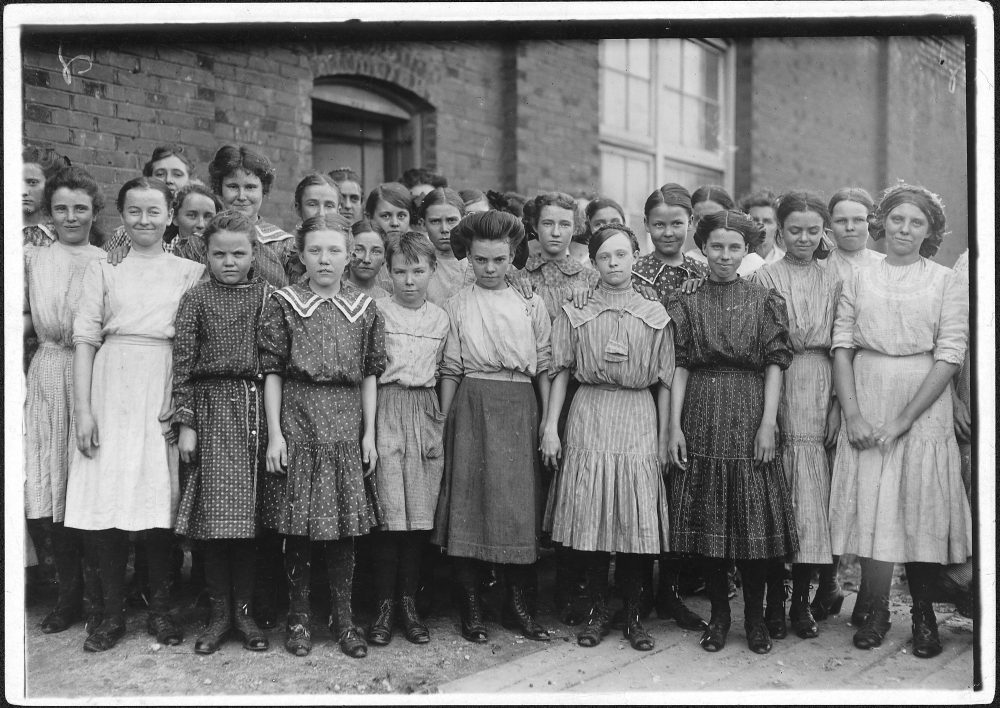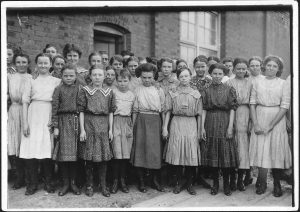Trade Board Act 1909
It is a serious national evil that any class of His Majesty’s subjects should receive less than a living wage in return for their utmost exertions. Sir Winston Churchill, 1909
The Trade Board Act of 1909 set out to ensure that workers in low paid industries received a fair deal. It created boards that would assess industries and establish minimum wages for them that were legally binding. This prevented employers in industries where there was a surplus of workers offering employment on the basis of who would accept the lowest wages.
The Act initially covered chain-making, ready-made tailoring, paper-box making, and the machine-made lace and finishing trades. In 1912 a Board was established under the act for the coal mining industry. Later, other industries gained a board. In 1918 the Trade Board Act was updated to incorporate a wider range of industries.
British History – Liberal Reforms – Homepage
Trade Disputes Act 1906 Workmens Compensation Act 1906 Merchant Shipping Act 1906
Education (Provision of Meals) Act 1906 Education (Administrative Provisions) Act 1907 Matrimonial Causes Act 1907
Coal Mines Regulation Act 1908 Children’s and Young Persons Act (Children’s Charter) 1908 Old Age Pensions Act 1908
Labour Exchange Act 1909 Trade Board Act 1909 Housing and Town Planning Act 1909
National Insurance Act 1911 Shops Act 1911 Coal Mines (Minimum Wage) Act 1912
History Teachers’ Resources


